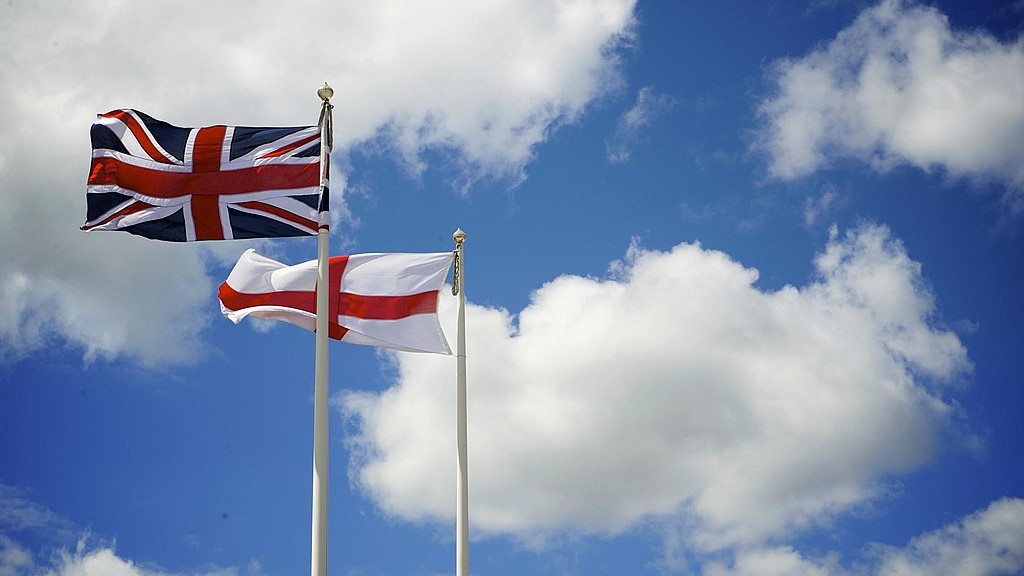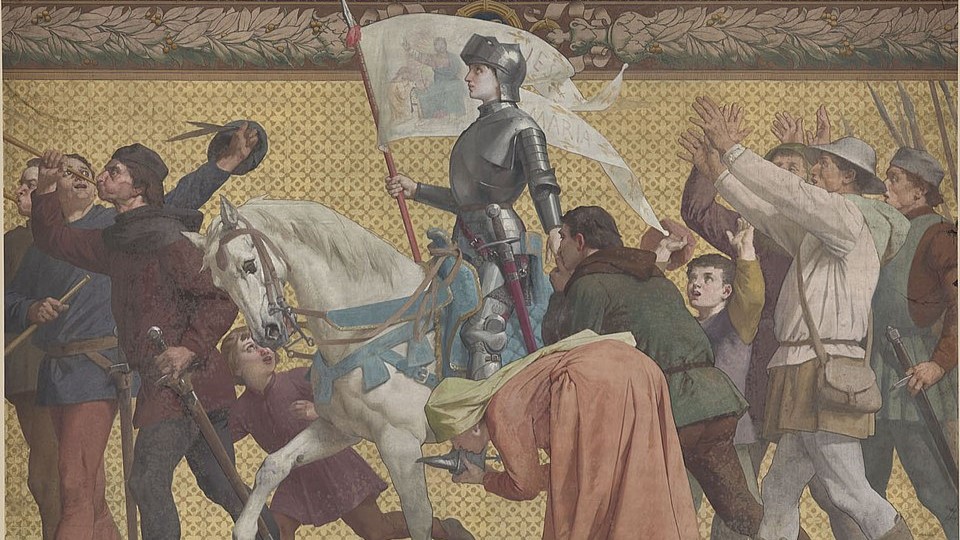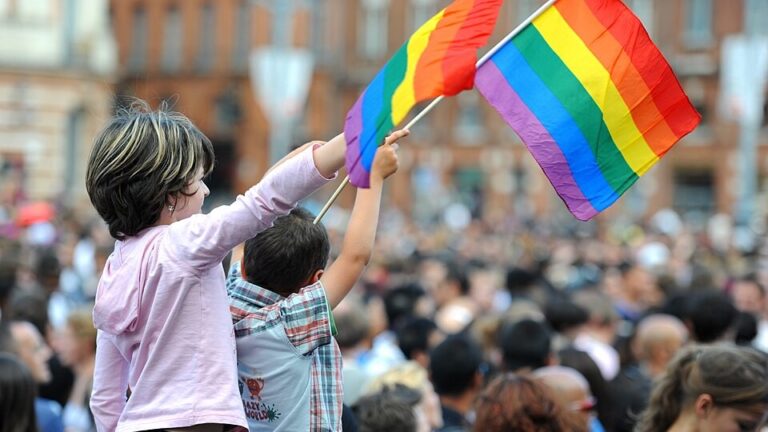It has become a sad feature of contemporary English life that those who most embody the virtues of quiet patriotism, its restraint, modest pride and fortitude, are often those most liable to be accused of xenophobia the moment they unfurl our national flag.
In any other country, such a gesture is met with approval or, at worst, benign indifference. In England, it is met with suspicion. When the cross of St George flutters from a window, it is assumed by the political and media establishment to signal an atavistic urge towards imperial nostalgia or latent racism. The same, increasingly, is being said of the Union flag.
That such assumptions have been allowed to dominate is a travesty, not only of history, but of the liberal society to which such classes pride themselves as belonging.
In recent days, the town of Epping in Essex has found itself at the centre of a controversy exemplifying the wider cultural malaise afflicting England’s national self-understanding. Its cause is The Bell Hotel, a small hostelry with roots in the 19th century, which was summarily closed to the public and converted into temporary accommodation for migrants by the Home Office.
When this decision was challenged, the courts decided that the rights of migrants trumped those of the locals who protested, entirely peacefully, outside the Bell. This would have been contentious enough. But the situation was rendered the more grimly symbolic by an accompanying request: that English flags be taken down from nearby homes and lampposts, as they might ‘offend’ or cause ‘tension’ among the new arrivals.
The request may not have come in the form of a directive, but its implication was clear: English people, in their own towns, must make themselves less visible in deference to others who, by definition, have only just arrived and do not belong.
Here we reach the heart of the matter. The issue is not simply about a flag, or a building, or even immigration per se. It is about the systematic erosion of the Englishman’s right to express a sense of belonging. A right that, in virtually every other nation, is regarded as inviolable and profoundly necessary.
‘English people, in their own towns, must make themselves less visible in deference to others who…have only just arrived and do not belong’
Consider for a moment how absurd this would sound elsewhere. Would a citizen of Japan be asked to take down a Hinomaru because it might be upsetting to newly arrived foreigners? Would the Tricolore be banned in rural France because of its colonial associations? Would the Stars and Stripes be deemed inappropriate at a veterans’ parade in Texas? Very obviously not. In England, however, the very notion of national pride is treated with trepidation, as if it were a grenade with the pin half-pulled.
The situation in Epping is merely the latest dismal instance in a wider campaign of cultural self-denial. Flags, monuments, and street names are all now viewed through the distorting lens of postcolonial guilt, as if the only acceptable posture for an Englishman is one of perpetual abasement and apology. This is not merely intellectually lazy: it is morally wrong.
Critics often conflate patriotism with nationalism, or worse, with far-right extremism. This is a dangerous falsehood. To love one’s country is not to hate others. The very concept of liberal democracy, the system of which England was the principal midwife, depends upon a shared cultural framework within which pluralism can flourish.
When that framework is attacked or discredited, society doesn’t become more tolerant: it becomes more fractured. National symbols, such as the flag, serve not to exclude but to unite. They are the visual shorthand for a shared story.
‘Critics often conflate patriotism with nationalism, or worse, with far-right extremism’
And yet, many of our institutions are embarrassed and ashamed by the English story. We are often told that identity in the 21st century is ‘complex’, ‘fluid’, and ‘global’. Perhaps so. But that does not negate the rootedness most people feel to tradition, place and heritage. In times of uncertainty, these things become even more important. What we are witnessing is not a fading of English identity, but a hunger for its legitimate expression.
There is, of course, a minority who deploy flags and other such national symbols for divisive purposes. Yet arguing that because such people exist, the rest of society should forgo its own symbols of identity is capitulating to a fringe. We do not ban religious dress because extremists exist (much though Nigel Farage and others have suggested banning the burka). We do not suppress artistic expression because of bad art. The same principle must apply to national pride.
It is telling that when England’s football team plays, the streets come alive with St George’s flags. Not, as critics would have us believe, with violence or exclusion; these spontaneous displays are almost always joyous, multiracial and entirely peaceful. The flags are displayed because they are the deepest visual representation of our national belonging and pride in that identity.
Why then should such pride be consigned to the margins for the remaining 50 weeks of the year?
The only way to foster successful integration is by affirming the legitimacy of national identity, rather than hollowing it out. To ask immigrants to become ‘British’ or ‘English’ without being able to define what those terms mean is not just incoherent but cruel. We do newcomers no favours by presenting the native culture as little more than a collection of vaguely embarrassing habits and suspect institutions.
We are often told by those who disparage displays of national pride that immigration enriches a nation. In many cases, it does. But enrichment is a two-way process. It requires not only the willingness of migrants to adapt, but also the confidence of the host nation to assert its own values. England’s problem is not that it is too assertive, but that it has been taught to question whether it has the right to exist at all.
The matter of the flags in Epping is a symbol of a deeper anxiety, one that won’t be resolved by policy papers or think-tank panels. It requires a cultural reawakening, a willingness to say: Yes, this is England, and it is not only acceptable but good to be proud of that fact. Pride need not be boastful. But it must be firm. One cannot build a future on a foundation of shame.
Let the flags fly. Let the Cross of St George and the Union Jack flutter without apology from rooftops, balconies and town halls. Not in defiance of anyone but in affirmation of something: a shared belonging. A home.
Related articles:







